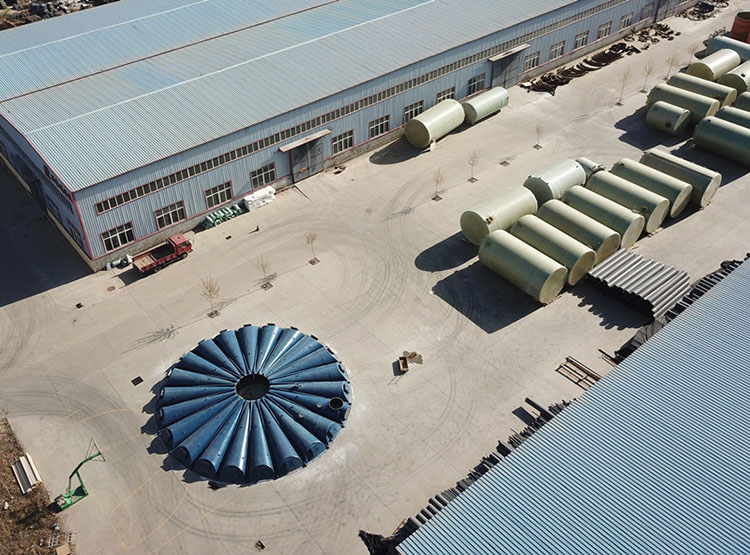
-
 Afrikaans
Afrikaans -
 Albanian
Albanian -
 Amharic
Amharic -
 Arabic
Arabic -
 Armenian
Armenian -
 Azerbaijani
Azerbaijani -
 Basque
Basque -
 Belarusian
Belarusian -
 Bengali
Bengali -
 Bosnian
Bosnian -
 Bulgarian
Bulgarian -
 Catalan
Catalan -
 Cebuano
Cebuano -
 China
China -
 China (Taiwan)
China (Taiwan) -
 Corsican
Corsican -
 Croatian
Croatian -
 Czech
Czech -
 Danish
Danish -
 Dutch
Dutch -
 English
English -
 Esperanto
Esperanto -
 Estonian
Estonian -
 Finnish
Finnish -
 French
French -
 Frisian
Frisian -
 Galician
Galician -
 Georgian
Georgian -
 German
German -
 Greek
Greek -
 Gujarati
Gujarati -
 Haitian Creole
Haitian Creole -
 hausa
hausa -
 hawaiian
hawaiian -
 Hebrew
Hebrew -
 Hindi
Hindi -
 Miao
Miao -
 Hungarian
Hungarian -
 Icelandic
Icelandic -
 igbo
igbo -
 Indonesian
Indonesian -
 irish
irish -
 Italian
Italian -
 Japanese
Japanese -
 Javanese
Javanese -
 Kannada
Kannada -
 kazakh
kazakh -
 Khmer
Khmer -
 Rwandese
Rwandese -
 Korean
Korean -
 Kurdish
Kurdish -
 Kyrgyz
Kyrgyz -
 Lao
Lao -
 Latin
Latin -
 Latvian
Latvian -
 Lithuanian
Lithuanian -
 Luxembourgish
Luxembourgish -
 Macedonian
Macedonian -
 Malgashi
Malgashi -
 Malay
Malay -
 Malayalam
Malayalam -
 Maltese
Maltese -
 Maori
Maori -
 Marathi
Marathi -
 Mongolian
Mongolian -
 Myanmar
Myanmar -
 Nepali
Nepali -
 Norwegian
Norwegian -
 Norwegian
Norwegian -
 Occitan
Occitan -
 Pashto
Pashto -
 Persian
Persian -
 Polish
Polish -
 Portuguese
Portuguese -
 Punjabi
Punjabi -
 Romanian
Romanian -
 Russian
Russian -
 Samoan
Samoan -
 Scottish Gaelic
Scottish Gaelic -
 Serbian
Serbian -
 Sesotho
Sesotho -
 Shona
Shona -
 Sindhi
Sindhi -
 Sinhala
Sinhala -
 Slovak
Slovak -
 Slovenian
Slovenian -
 Somali
Somali -
 Spanish
Spanish -
 Sundanese
Sundanese -
 Swahili
Swahili -
 Swedish
Swedish -
 Tagalog
Tagalog -
 Tajik
Tajik -
 Tamil
Tamil -
 Tatar
Tatar -
 Telugu
Telugu -
 Thai
Thai -
 Turkish
Turkish -
 Turkmen
Turkmen -
 Ukrainian
Ukrainian -
 Urdu
Urdu -
 Uighur
Uighur -
 Uzbek
Uzbek -
 Vietnamese
Vietnamese -
 Welsh
Welsh -
 Bantu
Bantu -
 Yiddish
Yiddish -
 Yoruba
Yoruba -
 Zulu
Zulu
insulated frp covers
The Benefits and Applications of Insulated FRP Covers
In recent years, the utilization of advanced materials in various industries has become increasingly prevalent. Among these, insulated Fiber Reinforced Plastic (FRP) covers have gained significant attention due to their numerous advantages. These covers, designed to provide thermal insulation and protection, are essential in numerous applications across different sectors.
Understanding Insulated FRP Covers
FRP is a composite material made of a polymer matrix reinforced with fibers, typically glass or carbon. This unique combination results in a lightweight, strong, and durable product. When insulation materials are integrated into FRP, the insulated FRP covers offer enhanced thermal performance and protection against environmental factors. This makes them ideal for applications where temperature control and exposure to harsh conditions are crucial.
Key Benefits
1. Thermal Insulation One of the primary advantages of insulated FRP covers is their excellent thermal insulation properties. They help maintain the temperature of the underlying structure, preventing heat loss in cold environments and minimizing heat gain in warm conditions. This temperature stability is vital for industries such as food processing, pharmaceuticals, and chemical manufacturing, where maintaining precise temperature conditions is essential.
2. Corrosion Resistance The inherent chemical resistance of FRP makes these covers suitable for environments where exposure to corrosive substances is common. Unlike traditional materials like metals, which may succumb to rust and degradation over time, insulated FRP covers can withstand harsh chemicals and harsh weather conditions without deterioration.
3. Lightweight The lightweight nature of FRP makes installation and maintenance easier and more cost-effective. Traditional materials often require heavy lifting equipment and more labor, leading to increased labor costs. In contrast, the reduced weight of insulated FRP covers simplifies handling and reduces associated overheads.
4. Durability and Longevity Insulated FRP covers are known for their long lifespan. Resistant to environmental factors like UV rays, moisture, and temperature fluctuations, these covers do not require frequent replacement, making them a sustainable choice. Their durability also translates to lower maintenance costs over time.
insulated frp covers

5. Customizability Insulated FRP covers can be tailored to meet specific industry requirements. They can be manufactured in various sizes, shapes, and thicknesses, catering to various applications. This flexibility allows businesses to optimize their operations effectively.
Applications Across Industries
Insulated FRP covers find applications in a wide range of industries
- Food and Beverage In the food industry, maintaining the temperature of storage tanks and processing equipment is critical. Insulated FRP covers ensure that food products are kept at safe temperatures, minimizing spoilage and ensuring quality.
- Pharmaceuticals The pharmaceutical industry has strict temperature control requirements. Insulated FRP covers protect sensitive materials and processes from temperature fluctuations, ensuring compliance with regulatory standards.
- Oil and Gas In the oil and gas sector, insulated FRP covers protect pipes and storage units from extreme temperatures and corrosive substances, ensuring operational efficiency.
- HVAC systems Insulated FRP covers are used in HVAC installations to enhance energy efficiency. They can cover ducts and other components, preventing heat loss and improving system performance.
Conclusion
In conclusion, insulated FRP covers represent a significant advancement in material technology with a promising future across various industries. Their unmatched benefits – from thermal insulation and corrosion resistance to lightweight and customizable applications – make them a preferred choice for businesses seeking durability and efficiency. As industries continue to evolve, the demand for innovative solutions like insulated FRP covers will likely grow, paving the way for enhanced operational capabilities and sustainability. Embracing these advanced materials is essential for businesses aiming to thrive in a competitive marketplace.
Latest news
-
Exploring the Benefits of Top Hammer Drifter Rods for Enhanced Drilling PerformanceNewsJun.10,2025
-
High-Precision Fiberglass Winding Machine for GRP/FRP Pipe Production – Reliable & Efficient SolutionsNewsJun.10,2025
-
FRP Pipes & Fittings for Shipbuilding - Corrosion-Resistant & LightweightNewsJun.09,2025
-
Premium FRP Flooring Solutions Durable & Slip-ResistantNewsJun.09,2025
-
Premium Fiberglass Rectangular Tanks Durable & Lightweight SolutionNewsJun.09,2025
-
Tapered Drill String Design Guide Durable Performance & UsesNewsJun.09,2025









